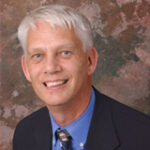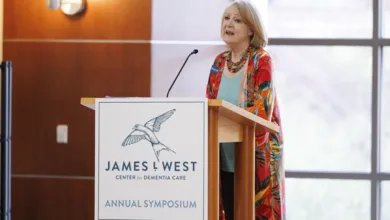Successful Aging Tips

What does it mean to age successfully? More importantly, do you have a plan to do so?
In their landmark book, Successful Aging, John Rowe and Robert Louis Kahn define successful aging in terms of three key components:
- Having a low probability of disease and disease-related disability
- Having high cognitive and physical functional skills
- Being actively engaged with life
These domains of successful aging collectively define aging well for many. But having meaningful spiritual beliefs or religious involvement is also essential to age well, enabling people to persist through hard times.
Personal resilience or hardiness (bouncing back from adversity) and motivational reserve (proactivity and having an individual sense of purpose) are also key attributes. Indeed, among successful agers, we see a spirit of optimism and adventure, as well as a willingness to take risks and set out on a new course in life.
People can age successfully even while living with illness, loss, or isolation from others. They seem to have found a way to deal with life’s surprises, joys, and disappointments.
Continually Reset and Reinvent
This approach to life embodies the desire to reinvent oneself when necessary. At any age, people can set a new course for themselves and approach each day with enthusiasm. Phyllis Gould, one of the six original Rosie the Riveters, expressed this herself. She was 99 when she said, “I still have places to go and adventures to live.”
Successful Agers Participate in Meaningful Activities
Those who age well derive happiness and satisfaction from everyday pursuits, be it tending to plants, reading, caring for pets, cooking, or anything else. Perhaps they sit in the park or walk daily. They embrace their cultural heritage. They are content to take what life offers them, controlling what they can and not worrying about the rest.
Successful agers spoke of not feeling old and accepting their limitations. They held individualistic feelings about work, retirement, religion, and spirituality. They exhibited a notable lack of fear about death and rarely reminisced about the past. These attributes reflect flexibility in adapting to life’s pleasures and problems —essential for aging well.
Key Characteristics of Aging Well
The following characteristics are associated with better physical and mental health, better cognitive functioning, and an enriched social life:
- Increased self-confidence and self-reliance
- Openness to new experiences
- Healthy attitudes about one’s strengths and weaknesses
- Learning and maintaining productive communication skills
- Taking an active, positive approach toward changing one’s life situation and coping with adversity.
Some Tips to Be Happy in Later Life:
Aging well is not a test. Strive to age as well as possible, given your resources and life situation. Have:
- Something to do.
- Someone to love and who loves you.
- Something to hope for.
- Something (or someone) to believe in.
To Age Successfully, Make Each Day Count
Stay aware of the importance of living each day fully. Set these daily goals for yourself and strive to achieve them:
- Do something that makes you happy — and then do more of it.
- Do something that makes you move.
- Do something that makes you think.
- Do something that makes a friend.
- Do something that feeds your spirit.
Working toward these goals will help you grow as you age at any stage in your life.





